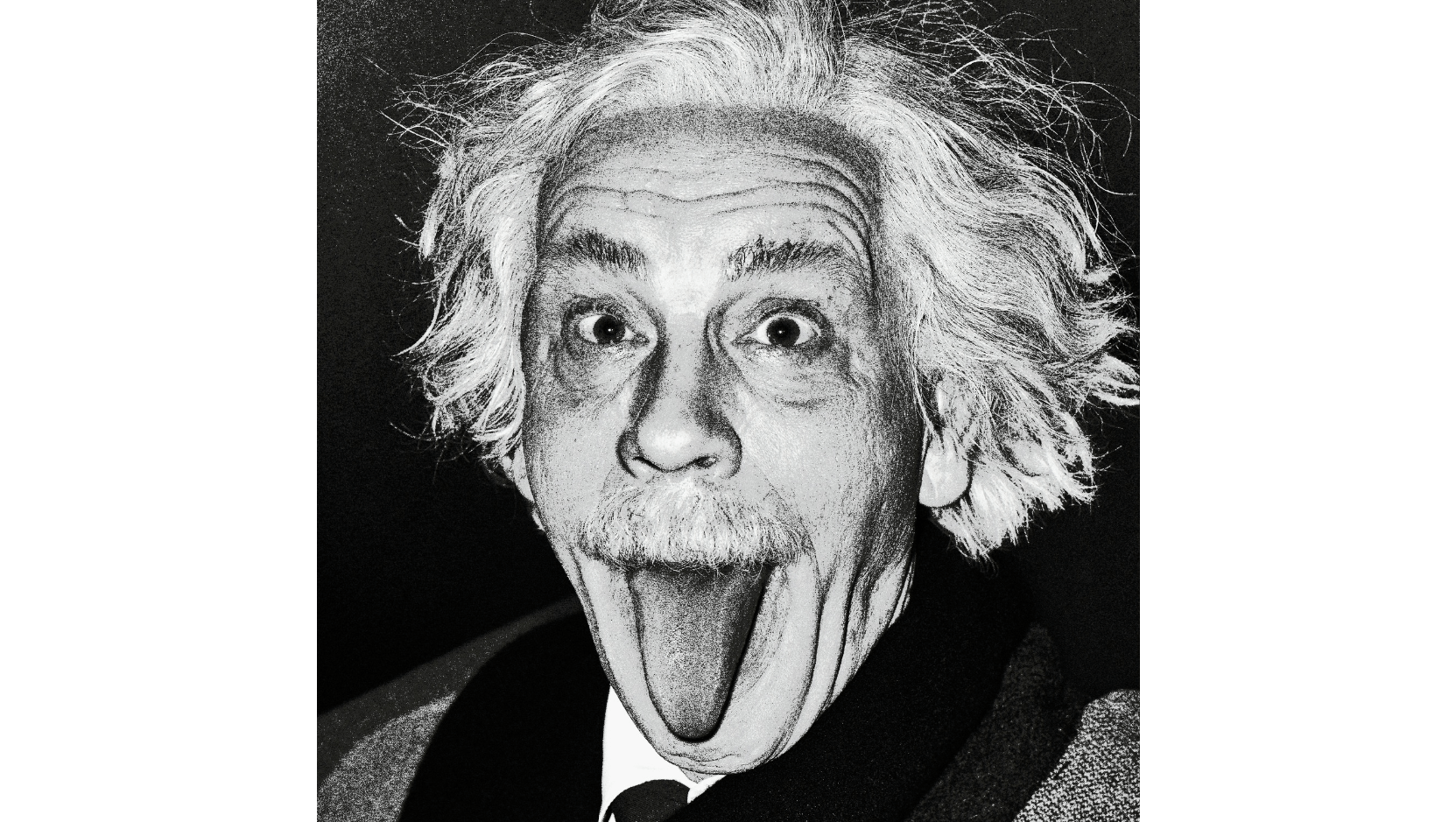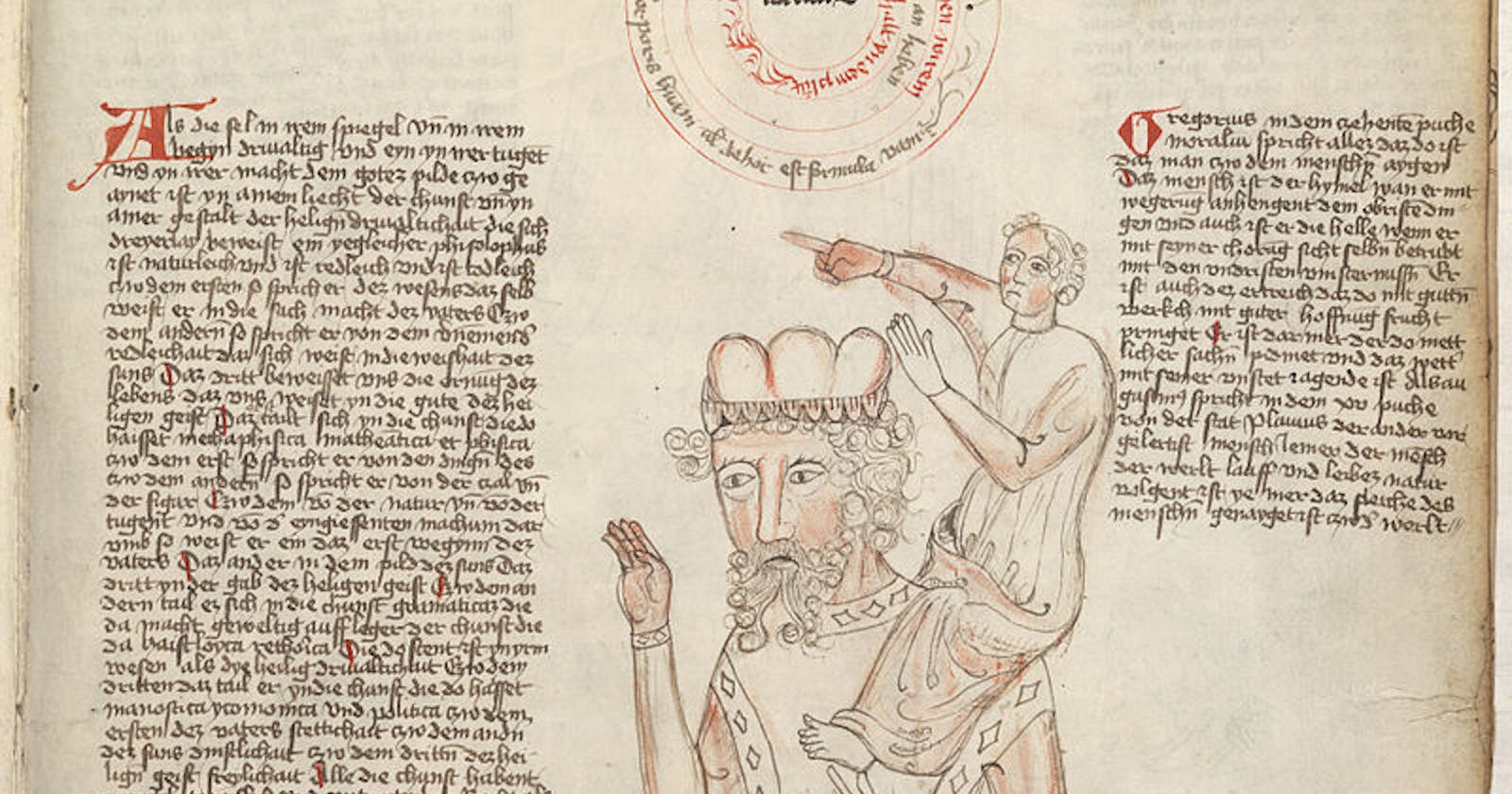Hey bud bud, I hope you had a great easter weekend, fully choc'd up and feeling like spring is finally on its way...
I have been wanting to write an article on this for a while, and until recently havent quite found the way to do so.
There is a famous, but a misrepresented quote from an great old bear named Einstien

I Stand on the Shoulder of Giants
The actual quote comes from a book or a compilation of texts by the likes of Copernicus, the bear who told the world the earth wasnt the center of the universe...Galileo, the bear that looked up in to the heavens only to find the heavens to be more than the church ever wanted us to dream. Sir Issac Newton, a savaunt of a bear. Turns out if an apple hits you in the right place you have all sorts of bright and wonderful ideas. Not forgetting our favorite bear out the lot, big Albert, what a legend.
The quote itself was from another great bear Stephen Hawking, whom in 2017 said:
"Each generation stands on the shoulders of those who have gone before them, just as I did as a young PhD student in Cambridge, inspired by the work of Isaac Newton, James Clerk Maxwell and Albert Einstein."
Now as a Scot, James Clerk Maxwell, is a bear of immense stature. Now there was a bear that was just buzzing with his own special kinda of magnetism.
So how did the great bear Albert, get confused or misallocated the quote of standing on the shoulders of greatness?
In 1922 on the centenary of James Clerk Maxwell's birthday, when hosted at Cambridge University, he was describing Maxwell's works as, "most profound and the most fruitful that physics has experienced since the time of Newton", when his host admired that he himself has done great things because he stood on Newton's shoulders, Einstein replied, "No I don't I stand on the shoulders of Maxwell"
It was later on, after the death of Albert, that people started associating alot of things with Albert, similar to how most of Mark Twain quotes are probably not actually quotes that can be verified to be said by Mark Twain.
This saying has been preserved through time from its origins in greek mythology where Orion the giant carried Cedalion on his shoulders to serve as the giants eyes, to Newton in the 17th, where he said: "If I have seen further its by standing on the shoulders of Giants" to the present day where its misrepresented and misspoken.
So what are these great bears talking about when they say, 'I stand on the shoulders of giant's'
Great philisophical debates happen over long periods of time, thats why they call them 'Great' - often it hardly contains any riveting bits of drama to make the debate anywhere near being great, but Im not a philosopher, I just pretend as if I am, on occasion, with a lot of chocolate inside my belly.
In the 12th century there was a scholarly bear by the name of Bernard of Chartes, who due to the works of John of Salisbury in 1159 was given the first real attribuation to the quote. In it he says with some shock and disbelief:
"Bernard of Chartres used to compare us to dwarfs perched on the shoulders of giants. He pointed out that we see more and farther than our predecessors, not because we have keener vision or greater height, but because we are lifted up and borne aloft on their gigantic stature."
What he is pointing out was this age old concept in philosophy of the giant, Orion, and the dwarf, Cedalion, whom saw the world for the blind giant, but the wisdome gained by the dwarf was only provided by the strides made by the Giant.
This debate grew to a point where they had forgotten the giant was blind and now reflected on who could see the farthest, the giant or the dwarf that stands on his right.
From the height of the Giant from his vantage point, tall as he is could see farther than most, the dwarf in comarision wouldnt be able to se past the canopy of the trees let alone the vista above the clouds like the giant could. But stood on his shoulders, the dwarf could see all that the giant see's. So who see the furthest?
It wasnt till the 19th century where commenting on the relationship between Newton and another bear named Robert Hooke, some author said in a melicolist way:
The dwarf sees farther than the giant, when he has the giants shoulders to mount on.
Now this had irked another philosopher by the name of Nietzsche, who was a very upsetable sort of man, who argued that if anything its the giants that make the strides that the dwarf gains from, blind or not, if it wasnt for the giant the dwarf wouldnt get anywhere, the dwarf should show its greatfulness and forever remember their place in the presence of such giants.
The reason why I wish to bring this point up, is that alot of the open web is made of the backs of many dwarfs all standing on the shoulders of others. Amassing into one amorphous giant. From Nietzsches's point of view this would be utterly destestable in his eyes, something which a part of me takes small pleasure in knowing. But there is a crux with this philisophical paradox.
The crux being, the giant is the power, the force de jour, nature's might. It is the vehicle that moves the dwarf forward. The dwarf is the driver, the interpreture, the sight, the seer. The two are are synergistic with each other, one cannot move without the others direction.
So within the giant openness of the open source community that drives the body of the internet forward, it is the smaller content creators, the contributors, the developers and dwarfs that go to help shaping the direction of the digital behemoth.
So when I say I stand on the shoulders of giants, I say so mostly recognising I stand on the shoulders of other great dwarfs....
My thanks will always go out to you guys....Keep being awesome =)
